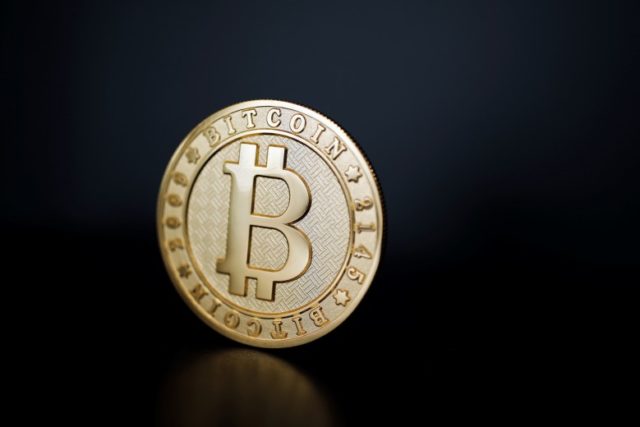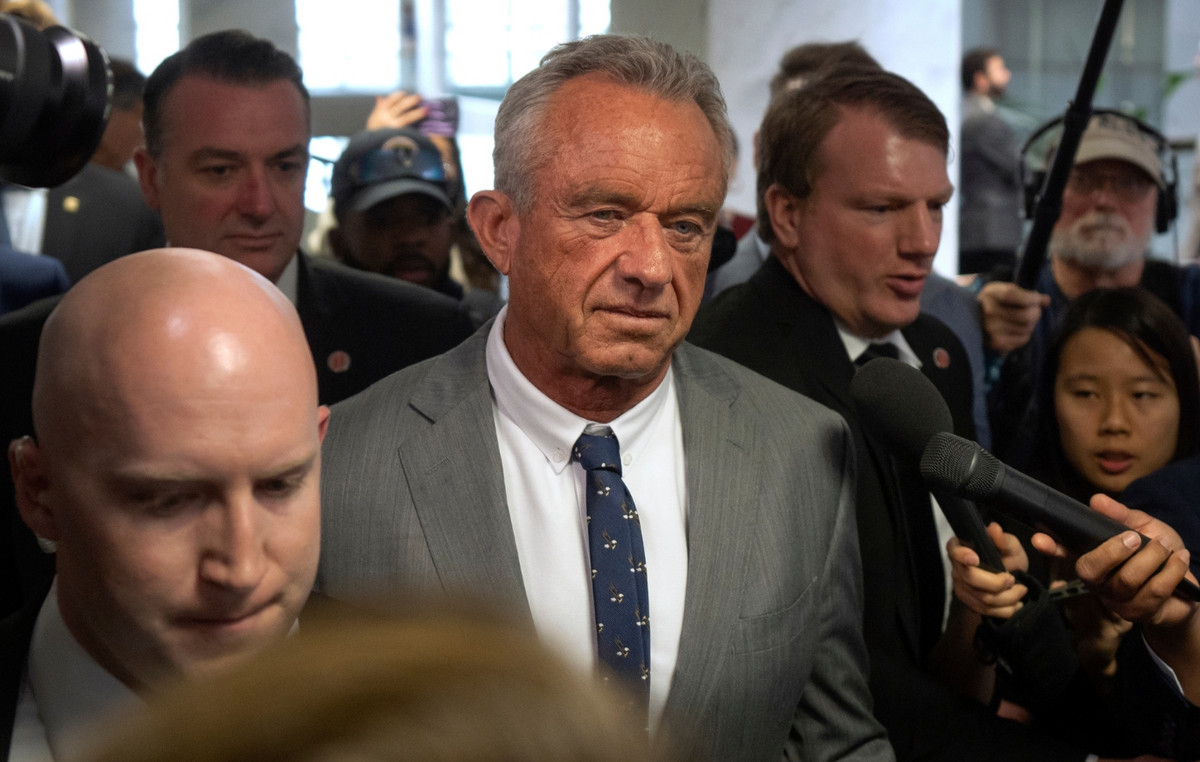With the effects of the pandemic on family income and the increase in energy tariffs due to the water crisis, more Brazilians are unable to pay their electricity bills on time.
According to data from the National Electric Energy Agency (Aneel), 39.43% of low-income families delayed their bill for at least one month in 2021.
The share of these consumers with open accounts has grown since 2012, when the index began to be measured and stood at 17.85%.
Without resources to honor the payments, families are exposed to the power cut, which has been allowed again since last October. The delay of just one month in payment already puts the provision of the service at risk.
By the rules of the regulatory agency, there is no minimum number of open accounts that authorize energy distribution companies to interrupt supply.
The only rule is that consumers must be notified at least 15 days in advance. Low-income families are those with a monthly income of up to half a minimum wage per person – today, R$606.
The suspension of the cut established by the agency in 2020 and 2021 brought down the number of shutdowns. There were 391 thousand in 2020, the first year of the covid-19 pandemic. In 2019, 1.3 million cuts were made.
The president of the Brazilian Association of Electricity Distributors (Abradee), Marcos Madureira, points out that, despite the authorization to make the cut in the first month of delay, companies are looking for other mechanisms.
“Cutting is the last instrument. It doesn’t matter to keep the consumer cut, it makes no sense, but it has to remain active in the proper way.”
increases
As shown by the Estadão/Broadcast, since 2015 the electricity bill of Brazilians has risen more than twice the rate of inflation. In seven years, the residential tariff accumulates an increase of 114% – against 48% of inflation in the same period, a difference of 137%.
According to the Brazilian Institute of Geography and Statistics (IBGE), the price of residential electricity rose 21.21% last year.
The consultant for the Energy and Sustainability Program of the Brazilian Institute for Consumer Protection (Idec), Clauber Leite, said that families have entered a cycle of paying late bills.
“It has a history of tariff increases, and this has impacted families’ budgets. Consumers are increasingly in debt.”
Aneel data show that not only the poorest have had obstacles to keep their accounts up to date. Considering all residential consumers, 22.44% of families were late with payment for at least one month.
Diogo Lisbona, a researcher at the Center for Studies in Regulation and Infrastructure (Ceri) at FGV, said that bills have a greater weight for those with low incomes. “Even for those who receive the discount, as they are classified as low-income, the weight of the energy tariff is greater than for those with a higher income.”
The information is from the newspaper. The State of São Paulo.
Source: CNN Brasil
I am Sophia william, author of World Stock Market. I have a degree in journalism from the University of Missouri and I have worked as a reporter for several news websites. I have a passion for writing and informing people about the latest news and events happening in the world. I strive to be accurate and unbiased in my reporting, and I hope to provide readers with valuable information that they can use to make informed decisions.







